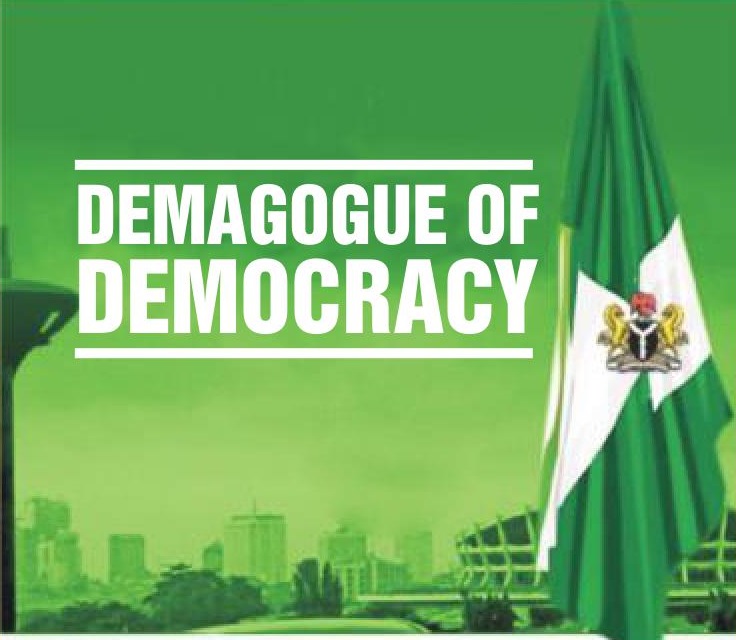
Adegbite Happiness Samuel // SSS 3H
Vice President, GCI Press Club (2020/2021)
Nigeria is a county of a rapid growing population of roughly 200 Million people. The country has 500 different languages and 250 ethnic groups.
Since Nigeria became a political entity after her amalgamation in 1914, uniting the ethnic groups has proven difficult.
Nigeria is one of the most peaceful and secured nations in the West African sub-region. However, she plunged into the wave of armed-robbery, kidnapping, banditry, terrorism, rape, and economic instability. This phenomenon has escalated and led to the underdevelopment of the nation.
The roots of our problem are not far away in the land of the whites, or the living rooms of Lord Lugard. The rising cases of kidnapping is no longer news to all and sundry when 276 mostly Christian female students were kidnapped on the night of 15th April, 2014 by the Islamic terrorist group, Boko Haram, in the town of Chibok, Borno State, Nigeria.
Same scene occurred when the Dapchi girls, Kankara, and Kagara students were kidnapped in each of the states where they are situated.
Conflict between Fulani herdsmen and farmers has made another dimension by killing farmers who fight for or protect their farmlands.
According to a former Inspector General of Police, between June 2011 and May 2019, 4,983 women were widowed, 25,050 children were orphaned and more than 190,000 people were displaced as a result of banditry.
The bandits traversing Benue, Plateau, Niger, Kwara, Nasarawa, Zamfara, Kaduna, Sokoto, Kebbi, and Kano are involved in crimes such as armed-robbery and kidnapping. Cases of rural banditry have been reported in Delta, Enugu, Ondo, Oyo, and Ebonyi States.
In addition, tribal conflict between Hausas and Yorubas in Sasa, a popular market in Ibadan, Oyo state, claimed 23 lives and suspects were arrested by the Oyo state Police Command led by Mrs. Ngozi Onadeko. Despite the widespread outcry over the rising cases of rape in Nigeria, there seems to be no end to the menace.
Sexual assault survey in Nigeria showed that 31.4 and 5.7% of sexually active adolescent female and male were raped.
Furthermore, UNICEF reported in 2015 that one in four girls and one in ten boys in Nigeria has experienced sexual assault, abject poverty, corruption, fraud, political influence, unemployment, lack of capital punishment by the government is one of the major problems of our country.
In conclusion, the Nigerian government can bring her country back to her glory by creating jobs, introducing new policy, adaptation and implementation, public awareness, and empowerment.
If solutions are introduced and the younger generations are given the mantle of leadership, Nigeria’s demagogue of democracy will have a reason to rise above the African society.
